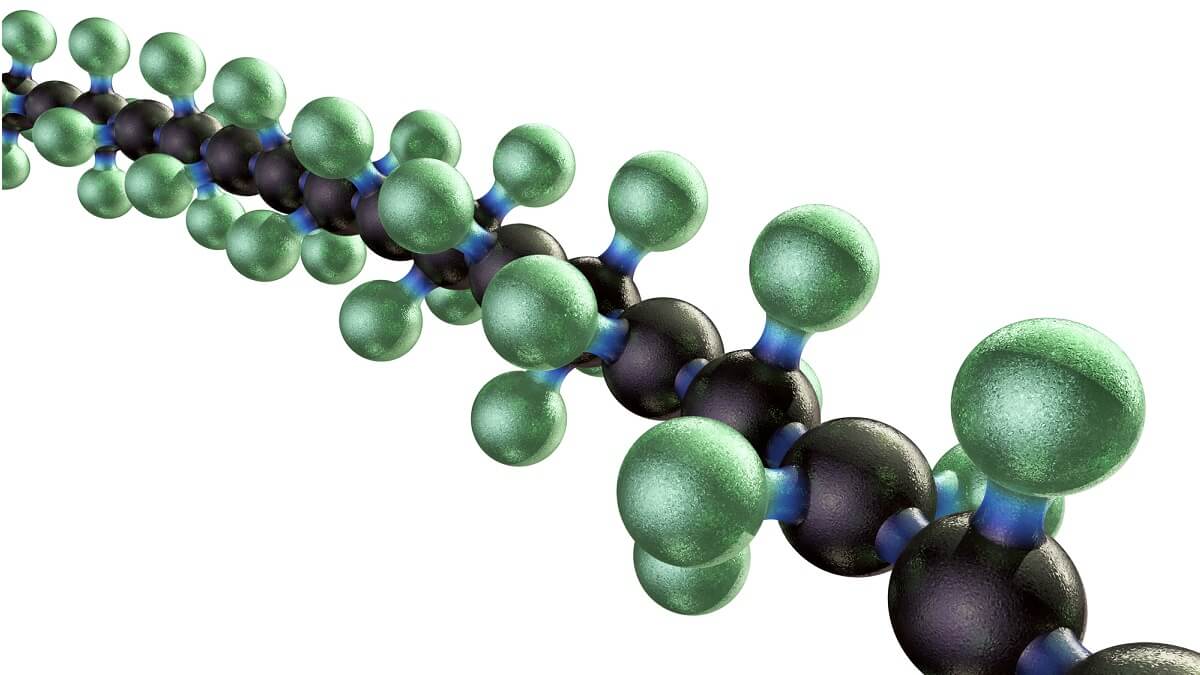High-Performance Polymers: Advanced Materials for Industry
High-Performance Polymers: Advanced Materials for Industry
Blog Article
Taking Advantage Of the Power of Polymers: Comprehending the Extensive Usages and Positive Impacts
Polymers, with their diverse chemical frameworks and properties, have actually ended up being essential in numerous sectors, reinventing the method we communicate with products each day. From the packaging that safeguards our food to the fibers that outfit us, the applications of polymers are huge and varied. Yet beyond their common existence lies a much deeper understanding of their positive effects, reaching much beyond plain benefit. As we discover the comprehensive usages of polymers and their role in forming a more lasting, efficient, and cutting-edge future, it becomes obvious that their potential is as huge as the particles themselves.
Adaptability in Everyday Products
Polymers show remarkable flexibility in a vast array of day-to-day products, demonstrating their important function in contemporary society. From the flexible plastic housing of smart devices to the sturdy fibers in clothing, polymers have transformed the method we engage with items in our every day lives. Among one of the most usual usages of polymers remains in product packaging products. Polyethylene, for instance, is extensively made use of in food product packaging because of its light-weight, long lasting, and moisture-resistant buildings. In addition, polymers play a critical duty in the auto sector, where they are made use of in producing lightweight components that improve gas performance.
Additionally, polymers have located their means into the healthcare field, with applications varying from medical tools to medication delivery systems. Biodegradable polymers are made use of in sutures and implants, lowering the danger of adverse responses in clients. In the building and construction industry, polymers are included into paints, adhesives, and insulation products, improving durability and power efficiency. Generally, the versatility of polymers in day-to-day products highlights their significance in driving advancement and improving lifestyle.
Sustainability in Product Innovations
With the recurring emphasis on environmental awareness and source efficiency, the focus shifts towards sustainability in product technologies, reflecting a growing dedication to liable manufacturing practices across numerous industries. In recent times, there has actually been a notable surge in the advancement of lasting products, specifically within the world of polymers. These ingenious products are made to minimize environmental impact throughout their entire lifecycle-- from sourcing resources to disposal or recycling.
One substantial facet of sustainability in product innovations is the concept of biodegradability. Naturally degradable polymers have gathered interest for their capacity to damage down normally right into safe by-products, lowering waste and air pollution. In addition, using recycled polymers acquired from post-consumer or post-industrial resources is obtaining grip as a way of advertising a round economic situation and reducing dependence on virgin products.

Enhancing Efficiency in Design
Enhancing efficiency in design needs a careful combination of sophisticated innovations and resource accurate approaches to enhance functionality and efficiency in numerous commercial applications. Polymers play a critical duty in this venture, using a large range of benefits that boost the efficiency of engineering materials and parts.
One secret element of enhancing efficiency in design is the capability of polymers to improve durability and toughness. By integrating polymers into engineering designs, producers can develop light-weight yet robust frameworks that can endure high degrees of tension and pressure. This particular is especially useful in industries such as aerospace, vehicle, and building, where the demand for solid yet lightweight materials is vital.
Additionally, polymers can also boost performance by giving next thermal and chemical resistance, minimizing friction, and enhancing electric conductivity. These buildings make polymers optimal for a large range of engineering applications, including seals, bearings, layers, and electronic parts. Polymers. By utilizing the one-of-a-kind homes of polymers, designers can optimize the efficiency of their layouts and create a lot more reliable and reputable items
Influence On Medical Innovations
The integration of sophisticated polymer modern technologies has considerably added to revolutionary developments in the clinical area. Polymers have actually played an essential function in modern-day clinical advancements, ranging from medication distribution systems to cells design. One of the key areas where polymers have made a considerable influence remains in the growth of naturally degradable sutures and implants. These polymers can be tailored to break down at a certain price, permitting for far better injury recovery and reducing the need for additional surgical treatments to remove implants.
Furthermore, polymer-based materials are increasingly being made Check Out Your URL use of in clinical tools such as catheters, stents, and prosthetics because of their biocompatibility and adaptability. As an example, polymer coverings on medical tools can protect against infections and enhance general client outcomes. Additionally, advancements in nanomedicine have actually allowed the use of polymer nanoparticles for targeted drug distribution, boosting the effectiveness and reducing adverse effects of different medications
Duty in Environmental Conservation

Moreover, polymers are used in water therapy procedures, aiding in the filtration and recycling of water resources. This assists in lowering water contamination and making certain access to clean water for both human intake and environmental health and wellness. Polymers additionally play a role in farming via the development of naturally degradable composts and controlled-release fertilizers, promoting lasting farming techniques.
Conclusion
To conclude, polymers have actually proven to be a versatile and necessary product in various markets, from day-to-day items to engineering and medical developments. Their effect on sustainability, efficiency improvement, and environmental preservation is significant. Recognizing the considerable uses polymers underscores their relevance in driving development and progress in numerous areas. The continued expedition and application of polymers will undoubtedly bring about additional advancements and favorable influence on culture.
Report this page